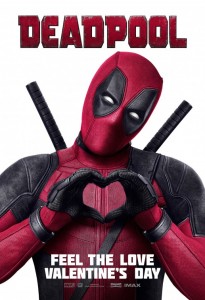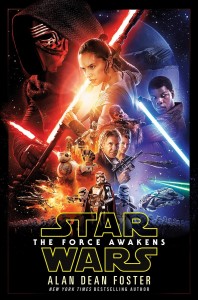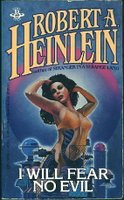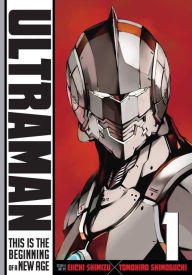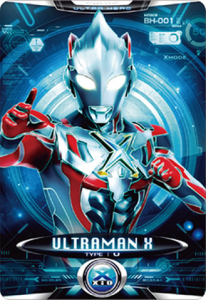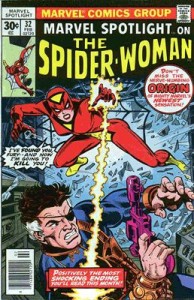 I’m a huge fan of mythology, and have myself written some humorous, modern spins on classical myths. As far as stories go, I’ve always preferred the focused narrative of the Prose Edda, the source for what we know of Norse mythology, to the more dense accounts of Homer, or the plays of Aeschylus and Sophocles, which recount the Greek myths. The Prose Edda is a story you can sit down and read. The Greek sources… well, not so much. I’ve watched Greek drama because my English teacher forced me to, or as a favor to a dear friend who still owes me big time. A ripping evening of entertainment these things are not, but I’ve never found a boring retelling of the Norse myths.
I’m a huge fan of mythology, and have myself written some humorous, modern spins on classical myths. As far as stories go, I’ve always preferred the focused narrative of the Prose Edda, the source for what we know of Norse mythology, to the more dense accounts of Homer, or the plays of Aeschylus and Sophocles, which recount the Greek myths. The Prose Edda is a story you can sit down and read. The Greek sources… well, not so much. I’ve watched Greek drama because my English teacher forced me to, or as a favor to a dear friend who still owes me big time. A ripping evening of entertainment these things are not, but I’ve never found a boring retelling of the Norse myths.
And, of course, the Marvel movies’ portrayal of Loki by the talented Tom Hiddleston has made the trickster god something more of a celebrity these last few years. A young, sympathetic Loki has even starred in several of his own Marvel comic book adventures, ably scripted by Keiron Gillen and Al Ewing. I really enjoyed those.
So when I found The Gospel of Loki on the shelf and read the first few pages, I was hooked. What could be more refreshing than to hear the tales of Odin and Thor from the perspective of Loki, the villain of so many of the myths? I remember thinking, “If she (Joanne Harris) can keep up this tone for the whole book, she’s got a winner.”

